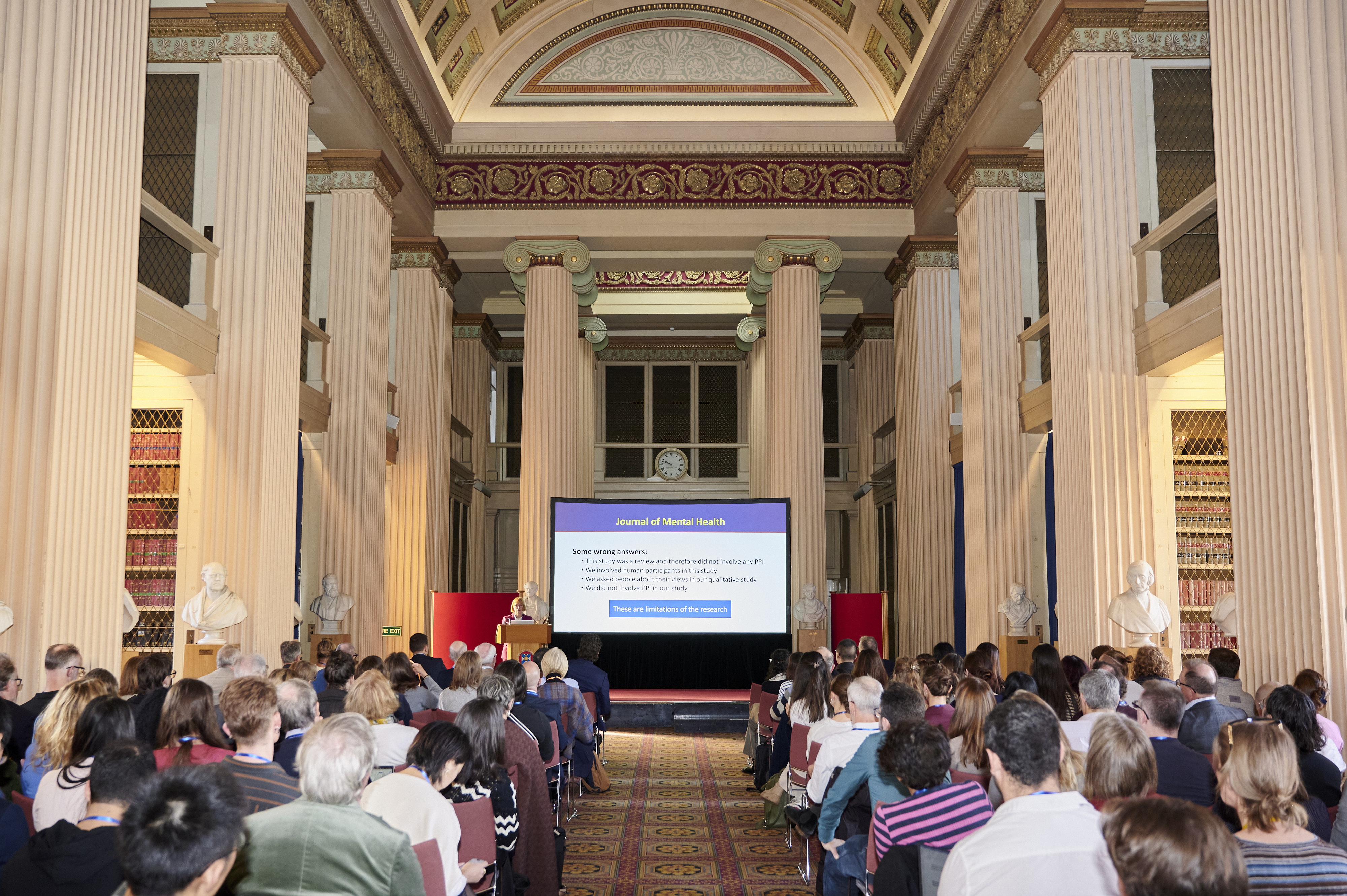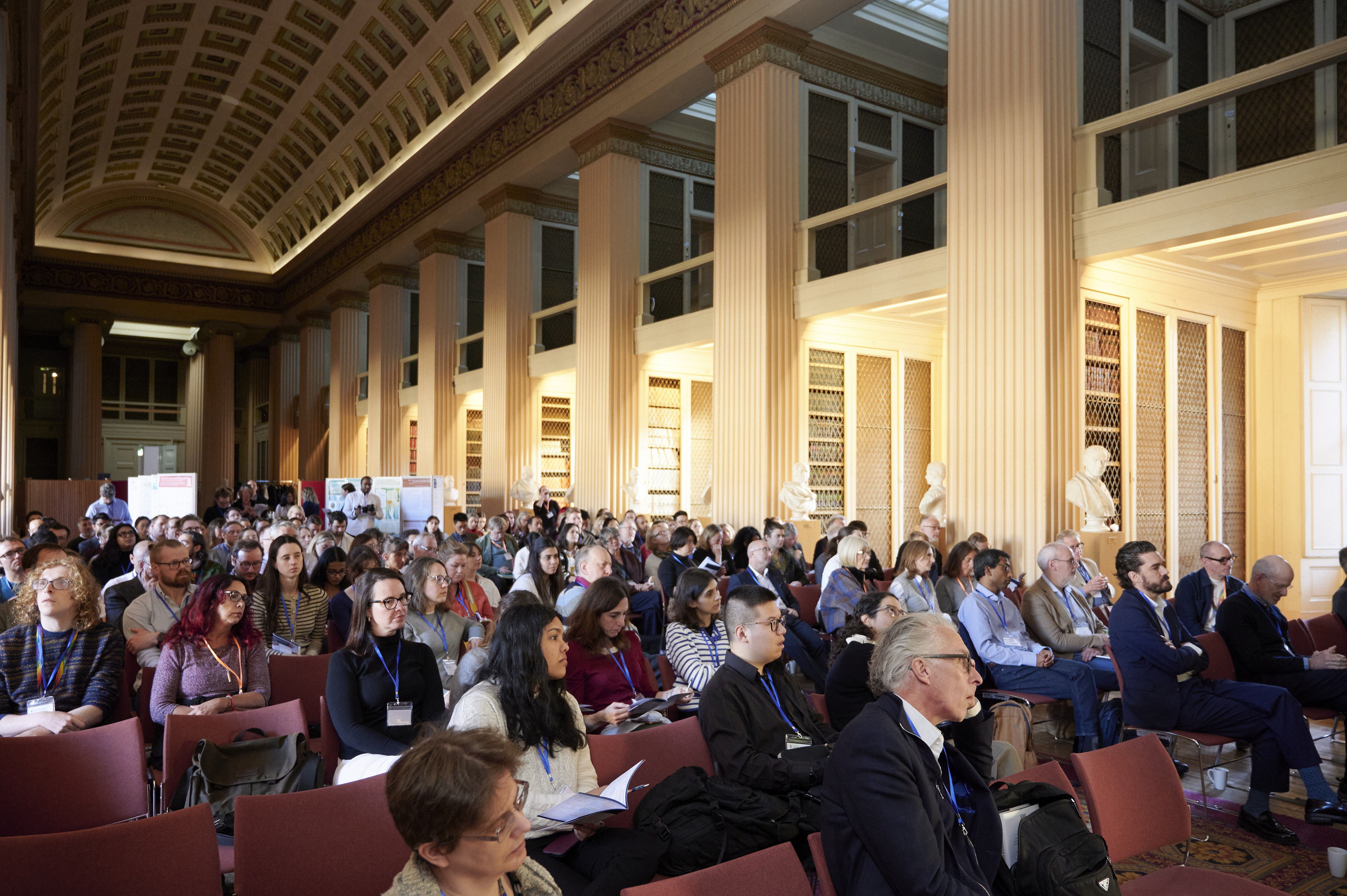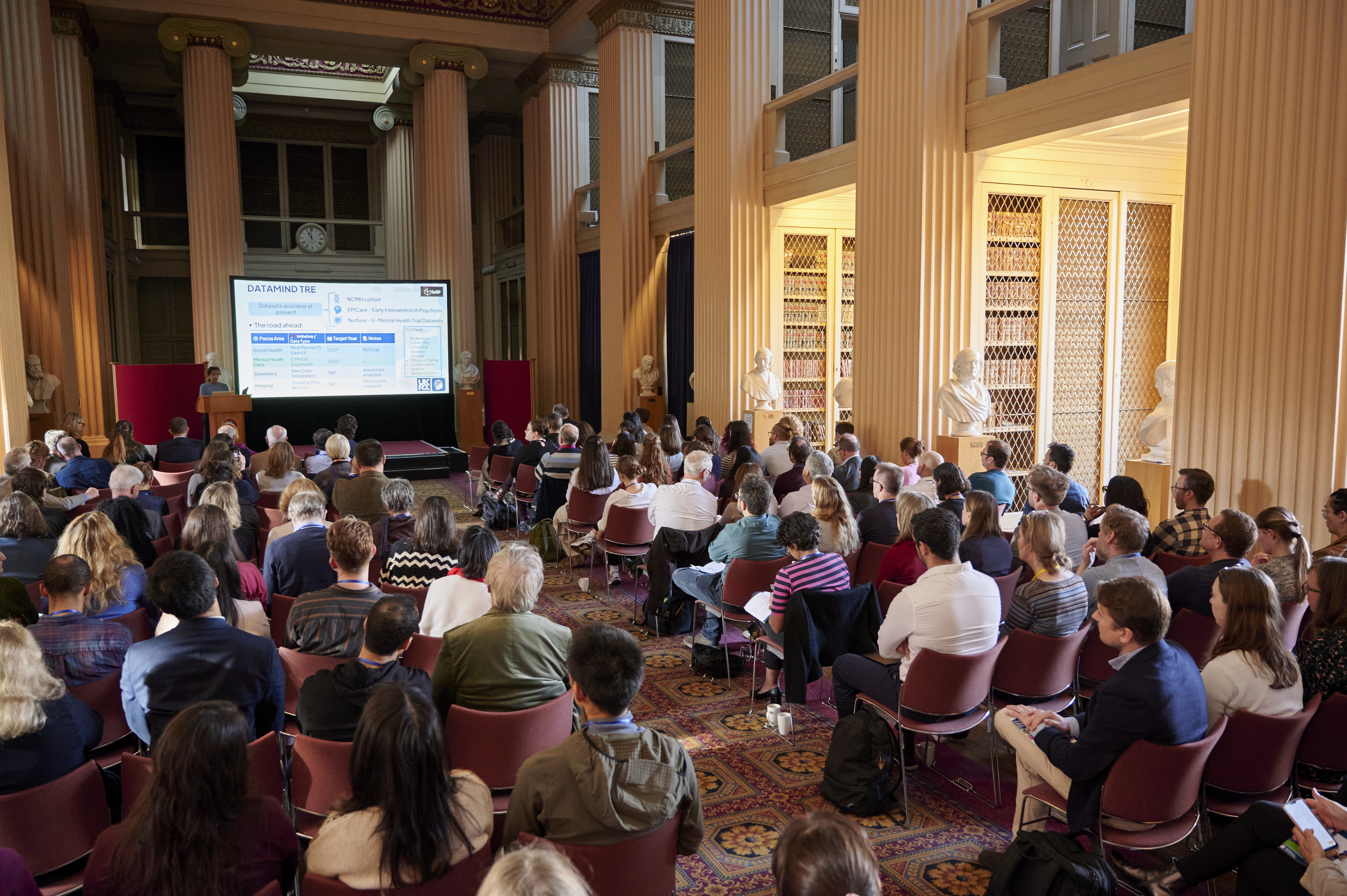Jodie Gill is a registered mental health nurse and worked in clinical practice for almost 10 years. She’s now the research co-ordinator for the Brain and Genomics Hub and works in close collaboration with the professional PPIE group.
What I'm working on
At the Brain and Genomics Hub we are collecting clinical, cognitive, genetic or biomarker and neuroimaging data from a large cohort of people with schizophrenia, bipolar disorder, psychosis or schizoaffective disorder. The aim of this is to learn more about the diagnostic overlaps between these conditions. We also want to collect highly detailed information about participants physical, behavioural, and biological traits, which will help to understand health or individual differences better.
I think that the major implications of this project will be beginning to present real and in-depth evidence that symptoms are not enough to make an absolute clinical diagnosis. I am hopeful that this will pave the way for more directed research into developing exact scientific tests for conditions.
In the future, I think that this can help reduce stigma and change opinions regarding psychiatry in wider medicine with more objective testing and more effective treatments.
More about me
I have always had an interest in children’s mental health, and preventative mental health in general. I have a slightly unusual pathway into my position, and my portfolio looks pretty different to lots of my colleagues.
I spent my clinical life doing further education alongside my nursing roles, because I have always felt that mental health care is not quite good enough and I wanted to contribute to improving mental health care. I’m most of the way through my PhD into the value of diagnostic labels in psychiatry now, and that’s how I ended up here!

Working together
My role involves a lot of collaboration with different people. As the research co-ordinator, my role involves close collaboration with several university members such as our finance team, two different pathology teams, our neuroimaging colleagues, the communications team within the medical school, and the National Centre for Mental Health (NCMH). It has also been crucial that I work closely with third-sector organisations and our NHS partners to set up recruitment to the study and build relationships with these services to ensure that we recruit the most representative, and diverse populations to the study.
I also have a major role in Patient and Public Involvement and Engagement (PPIE) within the Brain and Genomics Hub, so I have worked in close collaboration with our professional PPIE group to implement changes to our protocols and participant-facing documents and with our other advisors who have helped us to design the practical elements of the study.
The future of SMI research
I think that one of the things that can be overlooked within this field is the importance of a diagnosis not just to medical professionals, but to patients and their families as well. When we consider the biopsychosocial model, and the stigma attached to a psychiatric diagnosis, we can at times avoid diagnosis in clinical practice.
However, whether this does more harm than good hasn’t really been considered in depth. Often, not having a diagnosis means that people don’t have the common language to understand exactly what’s going on with them, they may be denied access to treatments and other services like monetary benefits, social support and reasonable adjustments. In a nutshell, yes there is stigma attached to psychiatric diagnosis but it’s my opinion that the answer isn’t to stop diagnosing people, but to work on minimising the stigma attached to psychiatric conditions.
I would like to see and be part of further research into the social and economic causes or contributors to developing schizophrenia, bipolar and schizoaffective disorder which can then be used to change clinical practice and government policy in wider society.
Read more of our blogs
News, blogs and events
MHP Research Summit Hot Topic: Collaboration

MHP Research Summit Hot Topic: PPIE


